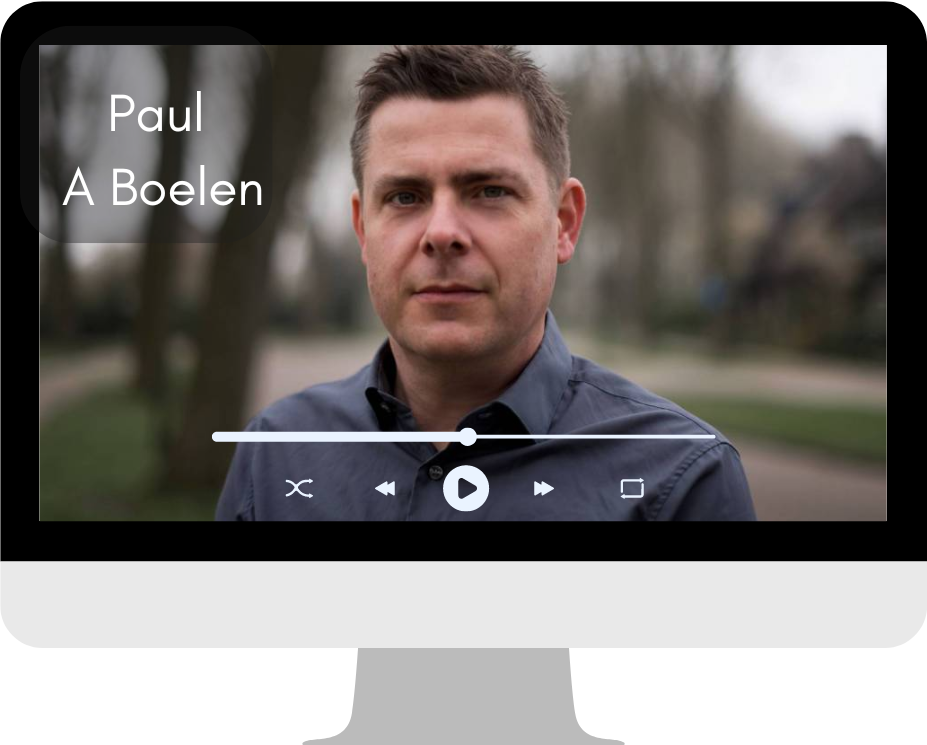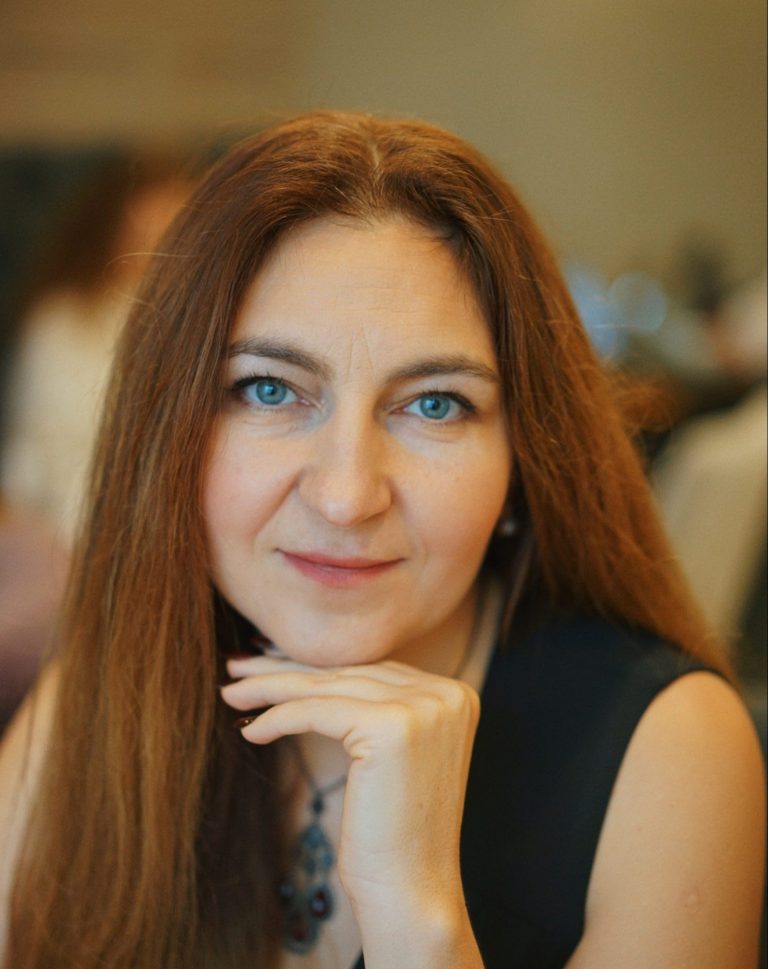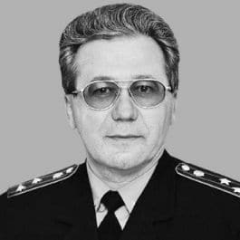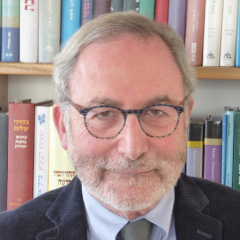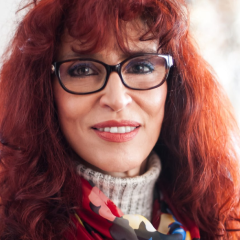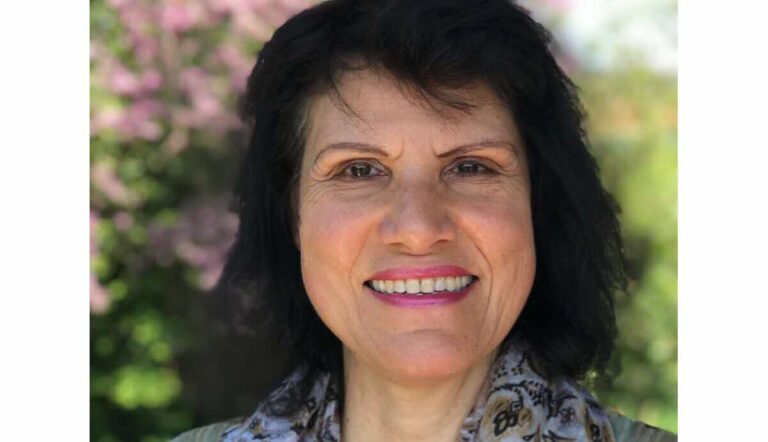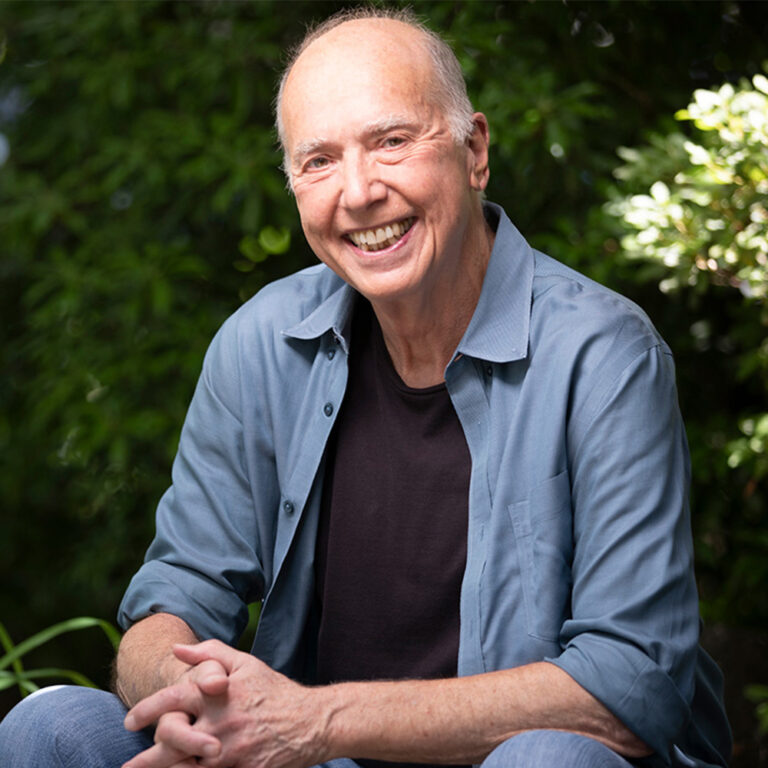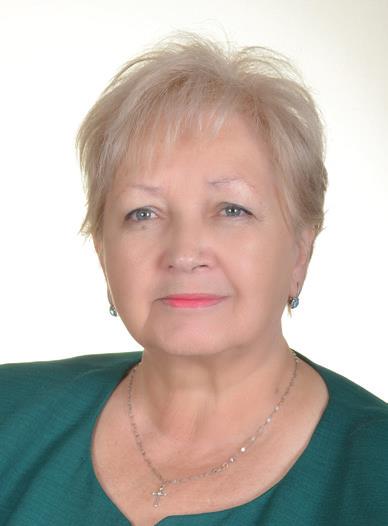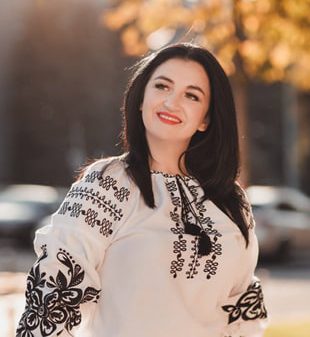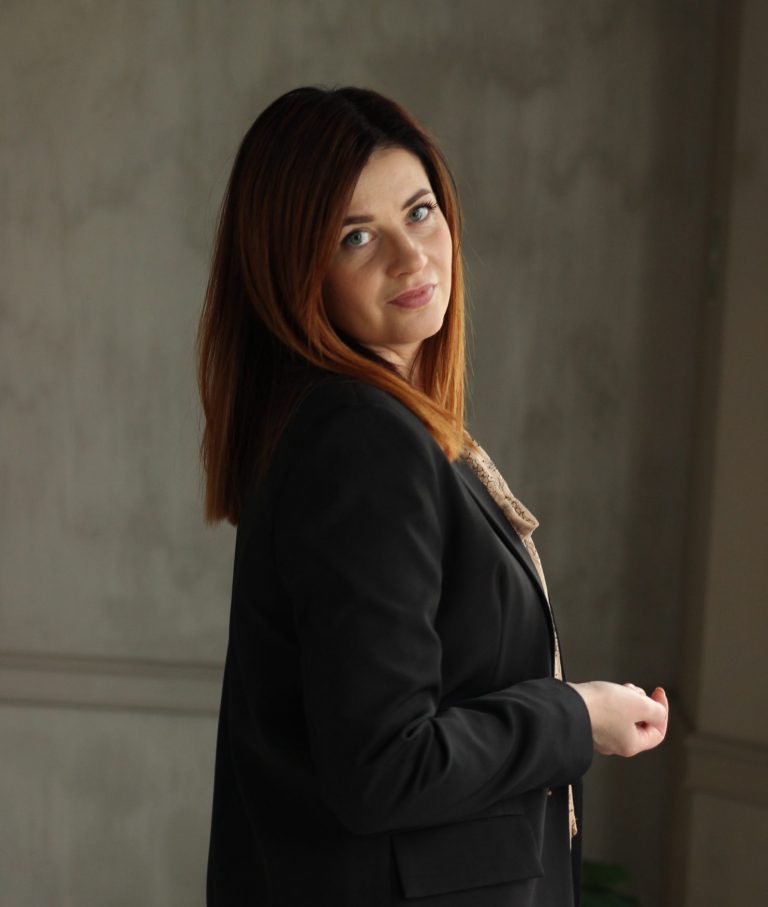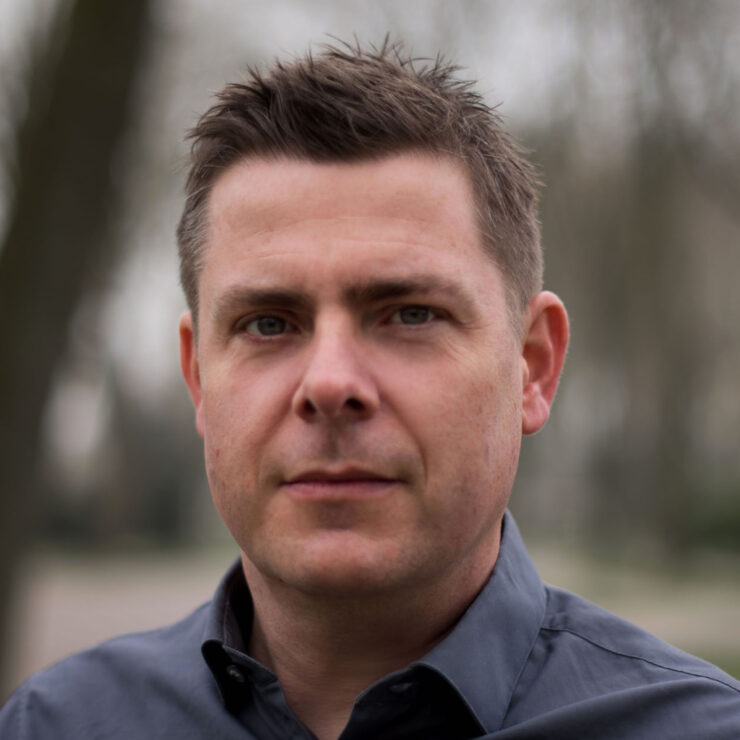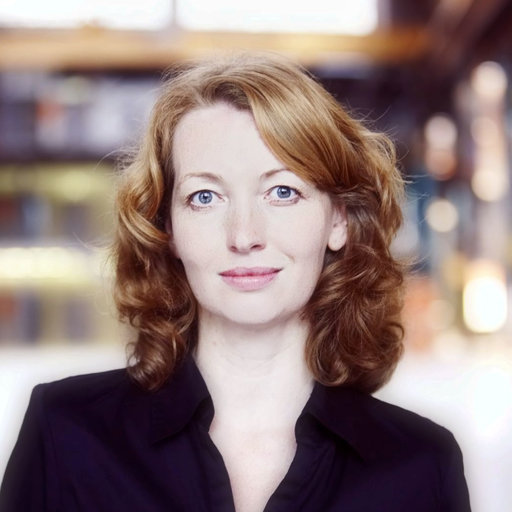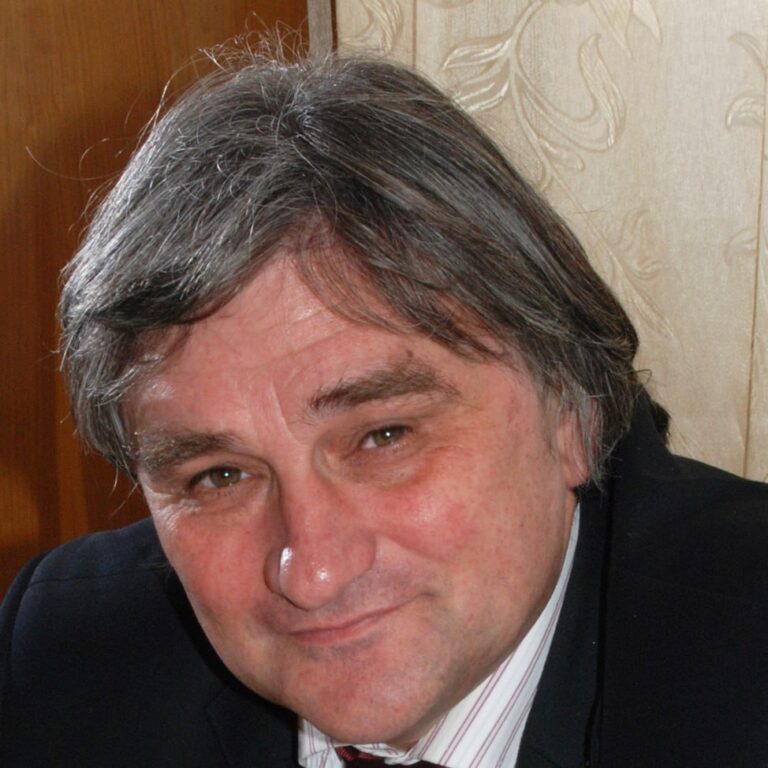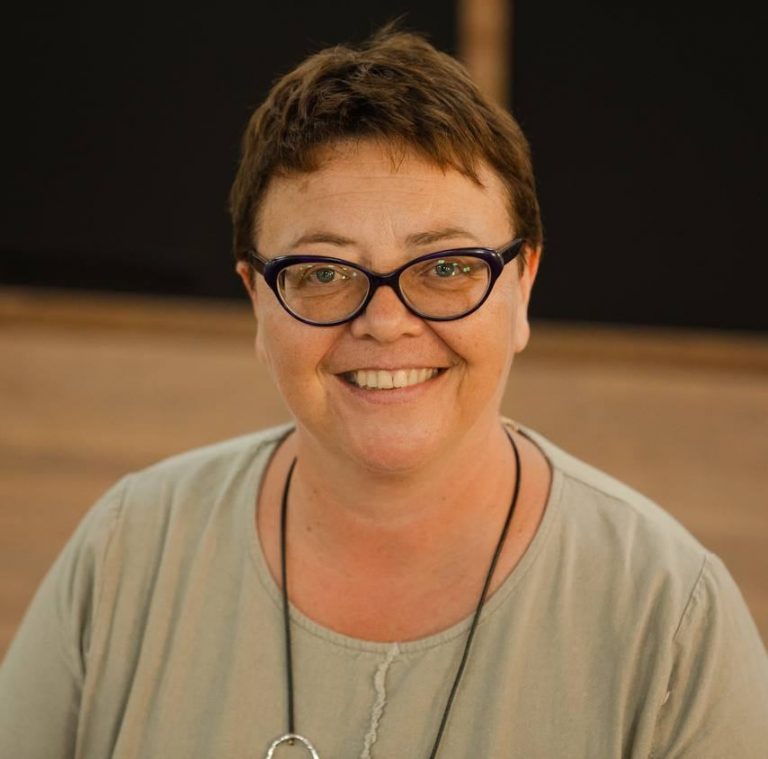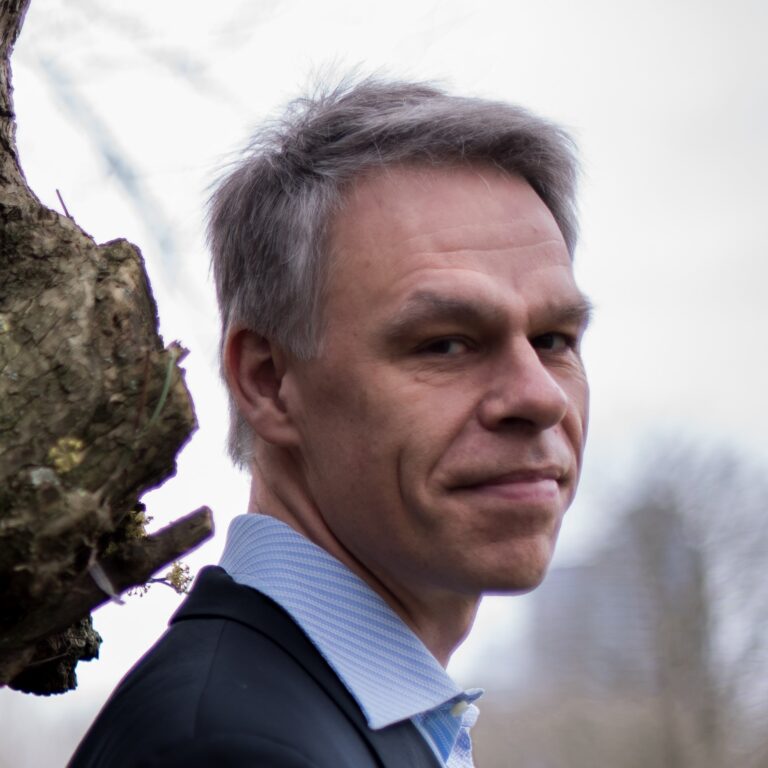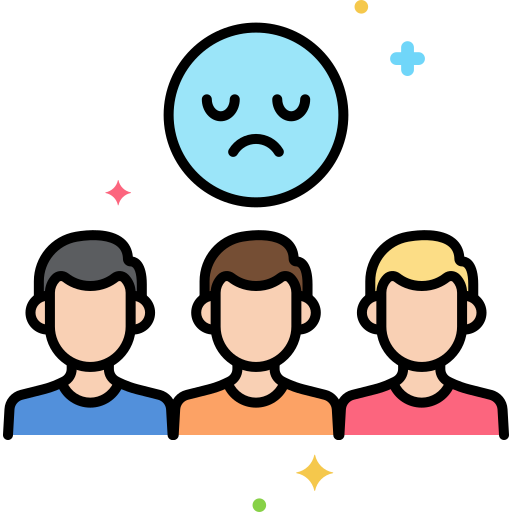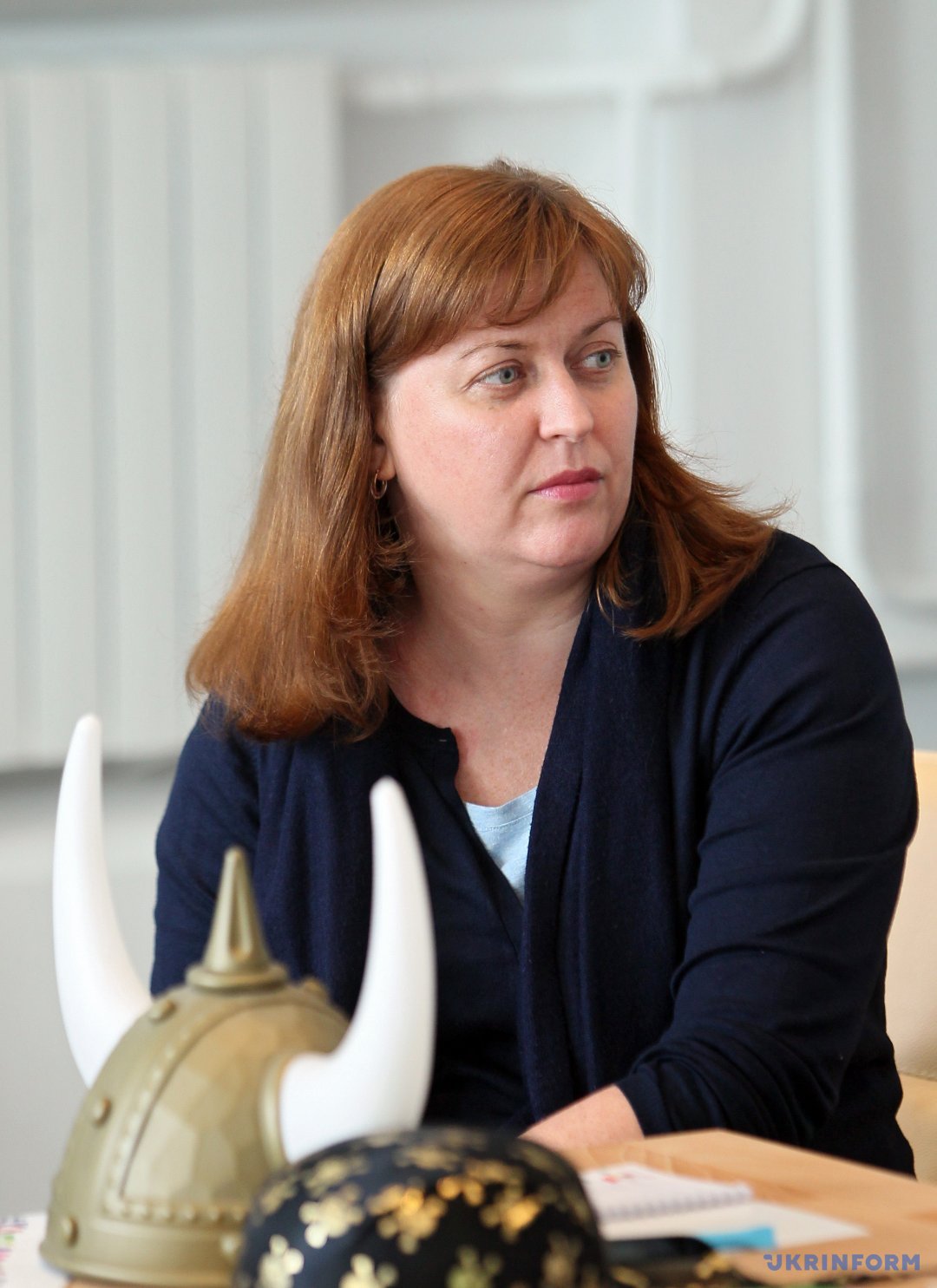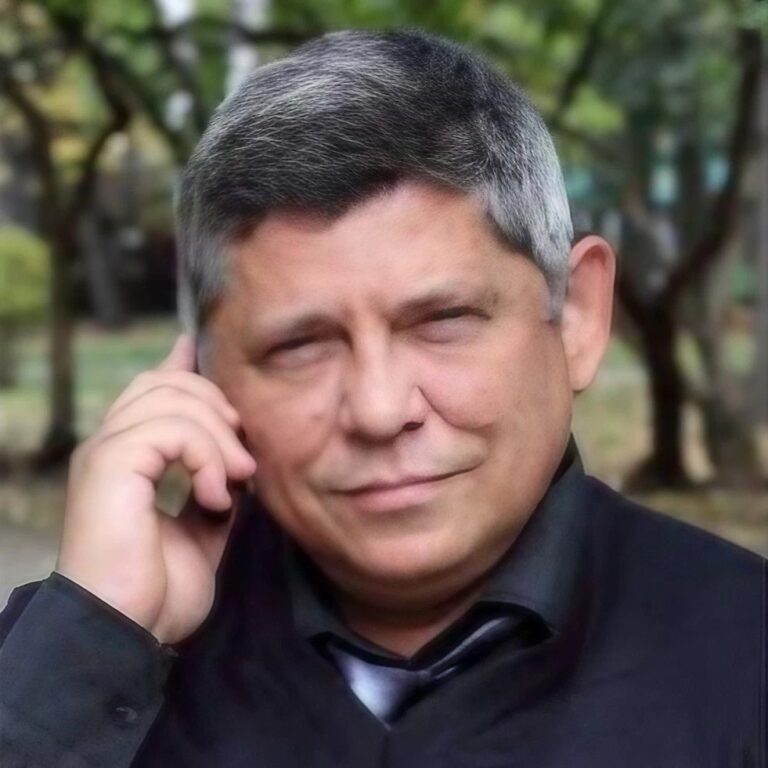Grief Therapy.
War and Psychological Recovery of Ukraine.
Date of the forum:
October 19-20, 20239
Countries365
Participants28
Speakers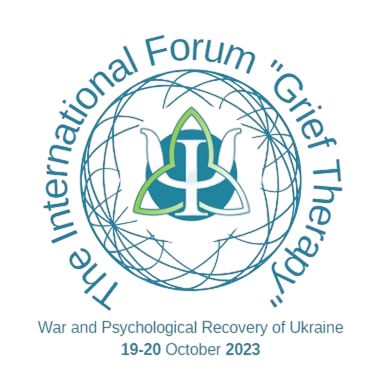
Who was this forum for

Practicing Psychologists
For all psychologists working with the bereaved and aimed at deepening their knowledge on the subject of grief to effectively help those suffering from loss during the war.

Experts and Researchers
For those who have already contributed to the study of the psychology of grief and sought to share current knowledge and developments, research results, and original approaches in this field.

Social Sector Professionals
For those specialists interested in new methods and ways to restore the psychological health of Ukrainians against the backdrop of traumatic war events and related losses.

What participants gained from the Forum
- A valuable set of current knowledge and skills on the topic of grief and severe loss from leading experts from Ukraine and other countries around the world.
- Experience of professional discussions, exchange of thoughts, ideas, methodologies, and discussion of real cases.
- Updating practical tools for working with the bereaved in real therapy during the war.
- A certificate from the International Association of Psychologists on working with grief and severe loss for participating in the Forum.
Forum Speakers
The International Forum "Grief Therapy. War and Psychological Recovery of Ukraine" involved leading experts—national and international professionals with significant theoretical and practical experience in the field of grief psychology.
Forum Topics
At the "Grief Therapy. War and Psychological Recovery of the Country" Forum, we managed to focus on the most relevant topics essential for maintaining the mental health of Ukrainians, studying, and implementing effective psychological support and recovery methods for those affected by losses amid military conflict.
Нow was it
The "Grief Therapy. War and Psychological Recovery of Ukraine" Forum – insightful presentations from leading experts, deep immersion into current topics in the field of grief psychology, vibrant speaker energy, new professional contacts, and communication in a friendly circle of like-minded individuals.
Рhoto gallery
Quotes about the Forum
Get Forum Materials 2023 Grief Therapy: War and Psychological Recovery of Ukraine
Pay 500 UAH






